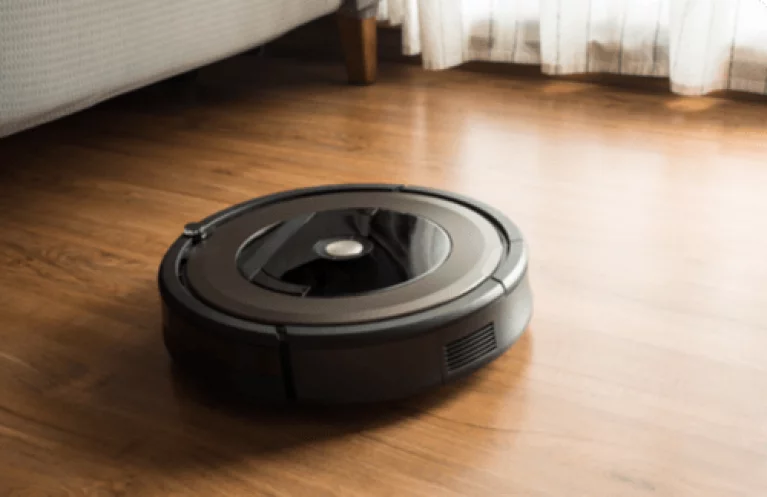
Add to wishlistAdded to wishlistRemoved from wishlist 0
Add to compare8.0/10
(Our Score)
Product is rated as #75 in category C++
Begin your exploration into the world of robotics software engineering with a practical, system–focused approach to programming robots using the ROS framework and C++. In addition, learn and apply robotics software engineering algorithms such as localization, mapping, and navigation.
Instructor Details
Votes: 0
Courses : 4
Specification: Become a Robotics Software Engineer
|
9 reviews for Become a Robotics Software Engineer
5.0 out of 5
★★★★★
★★★★★
9
★★★★★
0
★★★★★
0
★★★★★
0
★★★★★
0
Write a review
Show all
Most Helpful
Highest Rating
Lowest Rating
Add a review Cancel reply
This site uses Akismet to reduce spam. Learn how your comment data is processed.
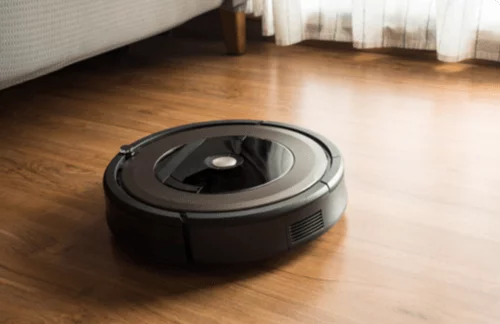
| Price | $716 |
|---|---|
| Provider | |
| Duration | 200 hours |
| Year | 2020 |
| Level | Expert |
| Language | English |
| Certificate | Yes |

Become a Robotics Software Engineer
$716.00


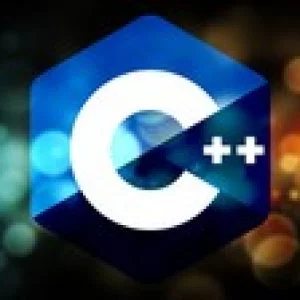
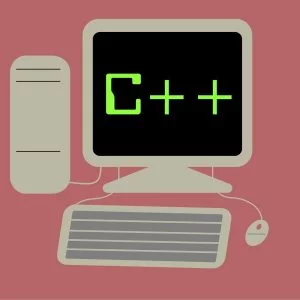

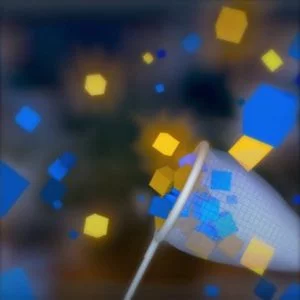
Dan M. –
Great program overall! I love it that the projects are non–trivial and require more than a superficial understanding of the subject to complete. The tools and environment are also very nice! A few notes about the progress through lessons 1 – 4: * it would be great to have more reference documentation on the technical sections, particularly in the Kinematics section. Any practical reference, even textbooks that one can order would be great, because some of the concepts may not be obvious and require a more thorough introduction * the projects seem to take more than 10 hours to complete; that in itself is ok, but it might be unexpected after reading the FAQ * it would be great to improve, if at all possible, to provide tools to streamline the development process even more For example, testing the robotic arm sometimes required several attempts at starting everything up. A script that allowed restarting the IK server without restarting the simulation would have been very useful, as well as a reminder on how to test the IK without using the heavy simulator. Encouraging test driven development should also help students avoid rushing straight to coding the solution and attacking the problem in a more systematic fashion instead.
Tomas S. –
While I went through many courses on Udacity this was my first Nanodegree. I think this is fantastic and so far Udacity is hands down the best online education provider I know of. Udacity works very hard that this is not just a set of videos but a product/experience and it shows. The price tag can seem high but when you consider all stuff you get I think it is worth it easily. I think the only thing you need to decide as a potential student is if you are ready to commit the time. These are more complex than regular courses and the 15 hrs a week (on avg) is not too far from reality even if you are not completely new + this is only to get you started. If you want to be a roboticist this is only the first step on a long journey. One (and probably the only) recommendation for the authors is to keep working on the tools. Projects are not simple and you often need to install and set up multiple pieces that interact together. This is still a weaker point even though it is minor.
Sasmit C. –
This Nano Degree prepares ROS aspirants from the ground up. The program facilitates you with an experienced team of mentors who review your project submissions almost instantly, provide honest feedback and keep pushing you through with a lot of encouraging reviews. Kudos to Udacity’s noble profession of grooming the budding technologists with industry–ready skills!!! I recommend you to be part of their journey and shape your career, add a new skill to your profile and distinguish yourself from others.
Hans–Georg H. –
I enjoyed the lessons. They are very good structured and explained with a lot of graphics, animations and examples. It is very exciting to work at projects in complex and well prepared environments. It’s a great felling to control a rover, a robot and a quadcopter with your own code and self trained neuronal networks. You really need enough free time, at least the said 15h per week, to do your job well. Many thanks to the staff for giving me that experience.
Eva D. –
I had problem in the beginning with installing environment since this workspace you provide has limited hours. I use windows and not linux, so was harder to switch. If you had tutorial for using docker with ROS and Gazebo, or even how to install ROS on windows, it would be much easier. Looks like Microsoft provided ROS for windows and you can update you instructions. Otherwise the course is very good, very practical oriented learning. I like it for now.
Ana Carolina D. –
the projects are very good and if you are willing to learn, the monitors help you. I think the feedback of the projects is always cool, you have to improve more and the tutors find this, I had a lot of difficulty in the project, pick a arm but in the end, after a lot of effort I was able to understand reverse kinetics and even apply it to my universe real. I’m really enjoying the course.
Hans Georg H. –
I enjoyed the lessons. They are very good structured and explained with a lot of graphics, animations and examples. It is very exciting to work at projects in complex and well prepared environments. It’s a great felling to control a rover, a robot and a quadcopter with your own code and self trained neuronal networks. You really need enough free time, at least the said 15h per week, to do your job well. Many thanks to the staff for giving me that experience.
Eva D. –
I had problem in the beginning with installing environment since this workspace you provide has limited hours. I use windows and not linux, so was harder to switch. If you had tutorial for using docker with ROS and Gazebo, or even how to install ROS on windows, it would be much easier. Looks like Microsoft provided ROS for windows and you can update you instructions. Otherwise the course is very good, very practical oriented learning. I like it for now.
Ana Carolina D. –
the projects are very good and if you are willing to learn, the monitors help you. I think the feedback of the projects is always cool, you have to improve more and the tutors find this, I had a lot of difficulty in the project, pick a arm but in the end, after a lot of effort I was able to understand reverse kinetics and even apply it to my universe real. I’m really enjoying the course.